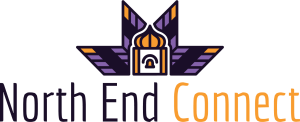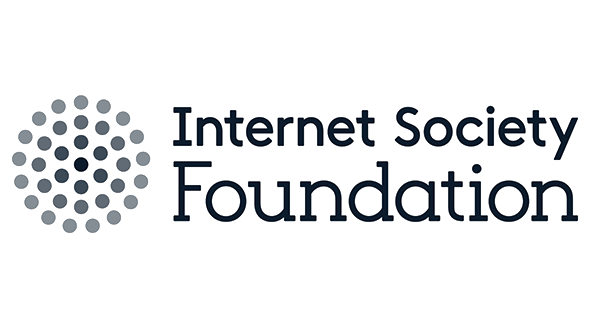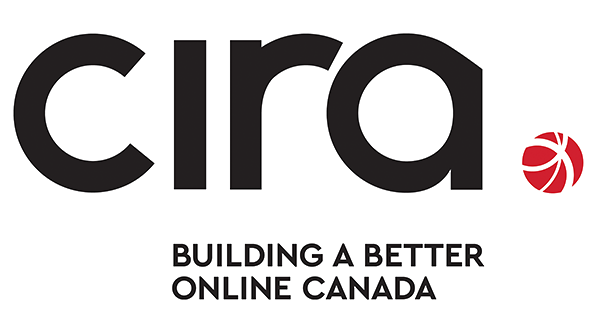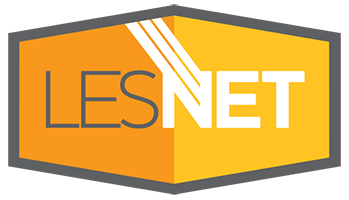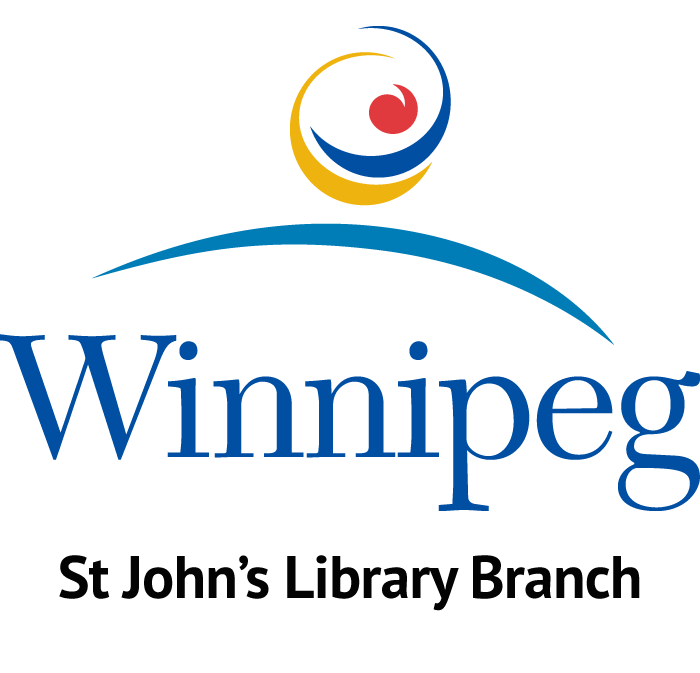Most urban centers in North America have access to quality high-speed Internet connectivity. However, often in low-income pockets of these same cities there are neighbourhoods where residents cannot afford or have other barriers to accessing technology and Internet based resources. The North End of Winnipeg is one of those places. This project aims to identify specific needs and create local resources to overcome these “digital divides”. This project is a collective effort of several local community groups, technical experts, and researchers.
All participating groups share the belief that there is a problem with their client’s ability to access and safely utilize online resources and services and something needs to be done about it. Research shows that local community network projects can work to address both the technical and human constraints and even provide some local economic development along the way.
At this point, we are developing the stakeholders and refining the scope and goals of the project. As we discussed, local, trusted, rooted community groups are needed on the front end to help identify the problem(s), validate assumptions as to the root causes, and advocate for their clients in the development of the plan. These organizations will be those who first benefit from any products and/or services that this project develops by participating in pilot programs and research.
Barriers to Meaningful Connectivity:
Exploring Internet Access Options in a Low-Income Urban Neighbourhood
This research article, “Barriers to Meaningful Connectivity: Exploring Internet Access Options in a Low-Income Urban Neighbourhood,” examines the digital divide in Winnipeg’s North End, a low-income urban area. The authors argue that the lack of affordable and reliable internet access in the area, caused by factors like high connectivity costs, limited digital literacy, and inadequate infrastructure, creates significant barriers for residents, particularly Indigenous and newcomer families. The article highlights how the existing internet access model, driven by profit maximization, fails to meet the needs of marginalized communities and perpetuates inequalities. The authors propose a community-driven approach to address these issues, utilizing a community-based participatory action research (CBPAR) methodology to develop sustainable and practical solutions, including the possibility of establishing a community-owned and operated network.
Building a Community Network in Winnipeg's North End
Interested in following our progress? Check out the links below for the latest updates on our project. Stay informed, stay involved!
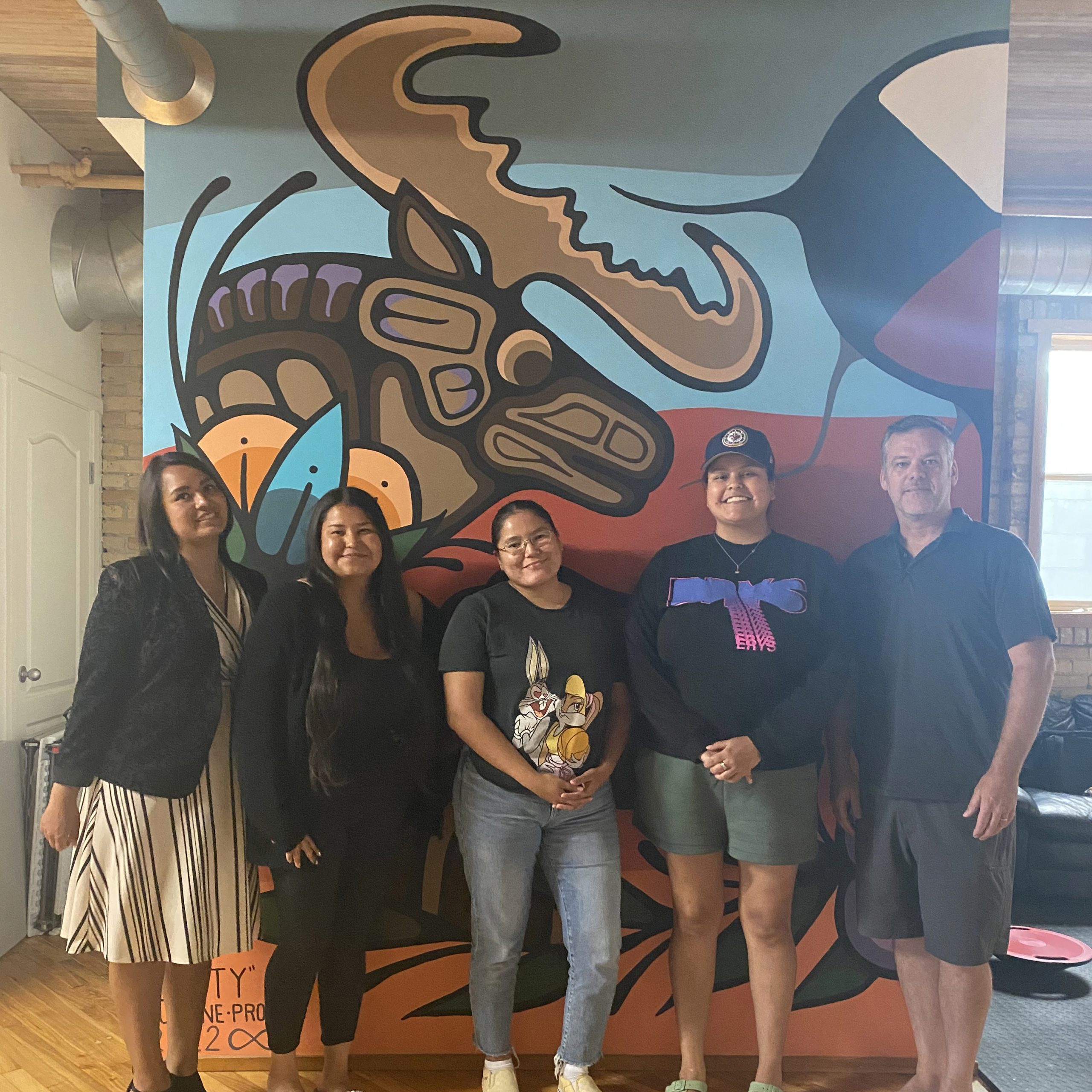
The Research Team
Research Assistant training day - Jewel, Shelley, Lisa, Claudia, and Joel. Thanks Comm.UNITY.204 for the use of your great space.
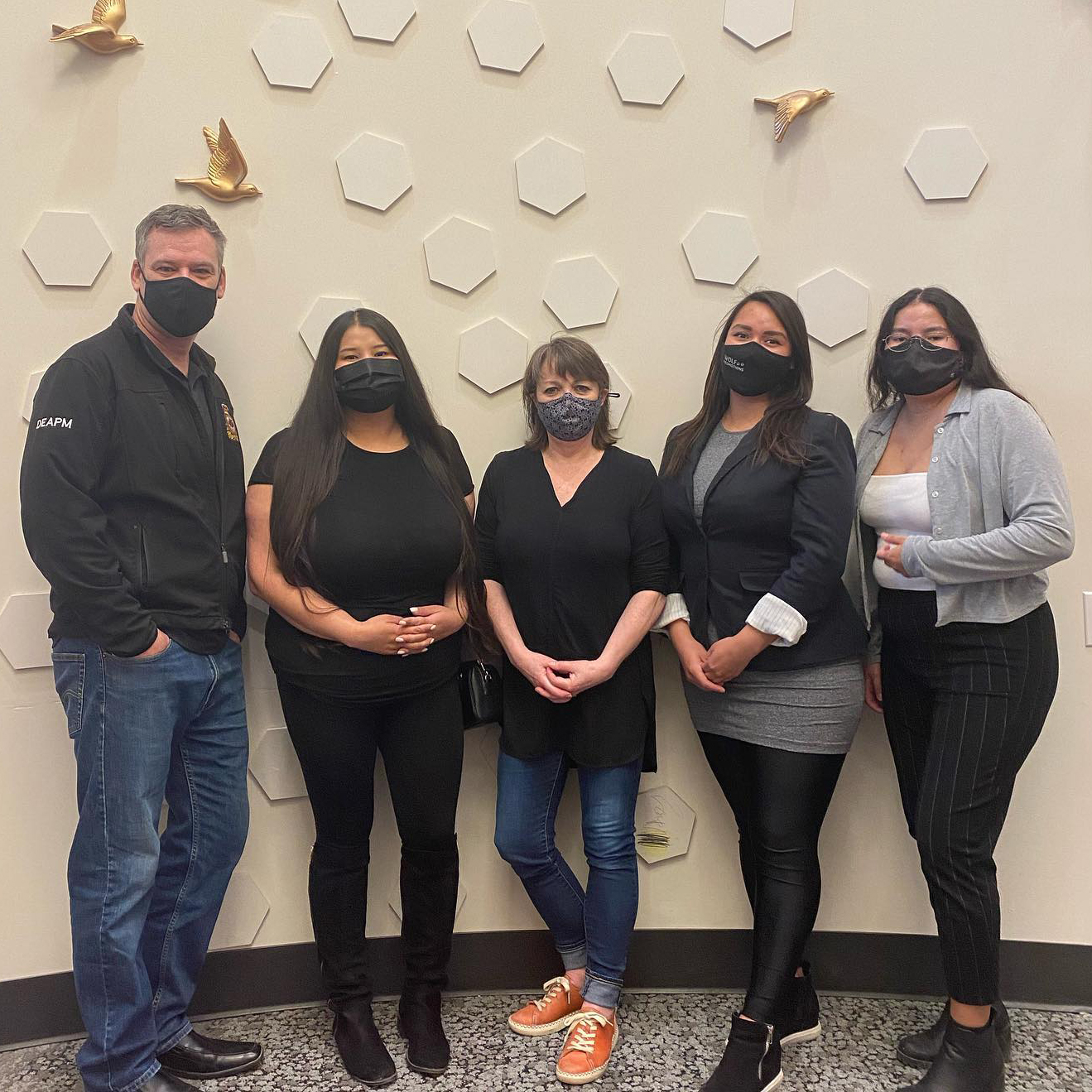
The Lady, The Legend
Dr. Shauna MacKinnon provides guidance and support to the research team. Community Based Participatory Research principles in practice.
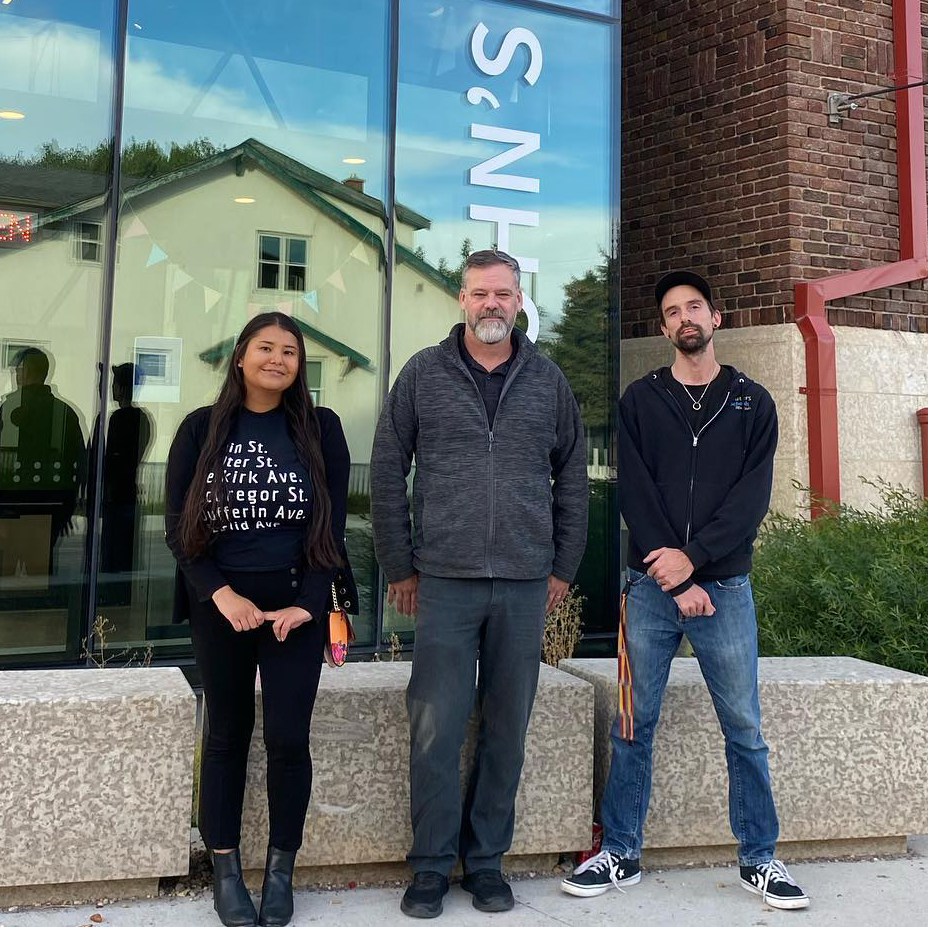
The Partners
Shelley, from Indigenous Vision for the North End - Joel, Internet Society Manitoba Chapter - Justin, Computers for Schools Manitoba
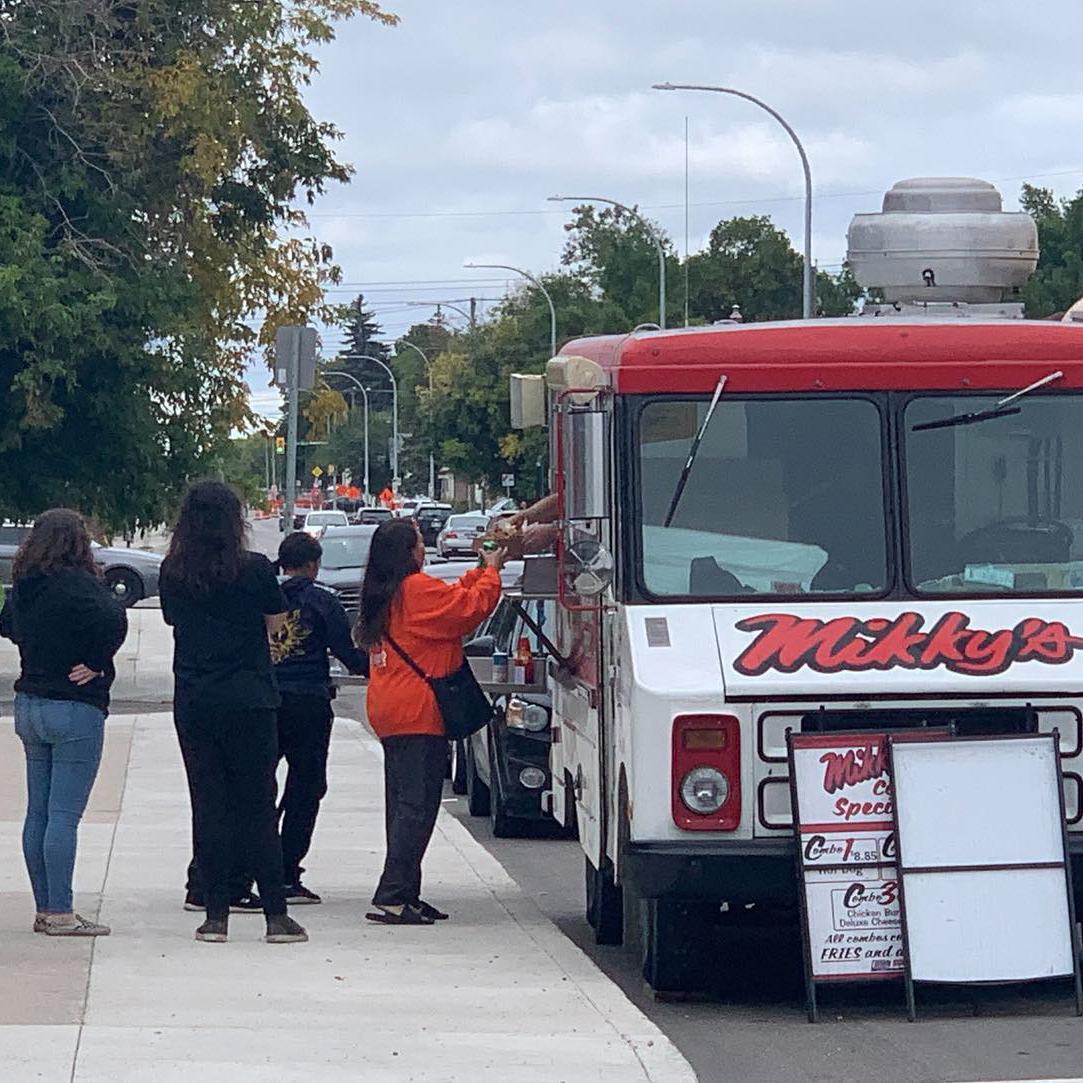
Community Events
Hot Dogs, free computers, and great people. Thanks to the St John's Public Library for letting us host our community event.
Donate to help ISOC Manitoba with it's efforts to deliver quality high-speed internet connection to every community.
Interns and Students



